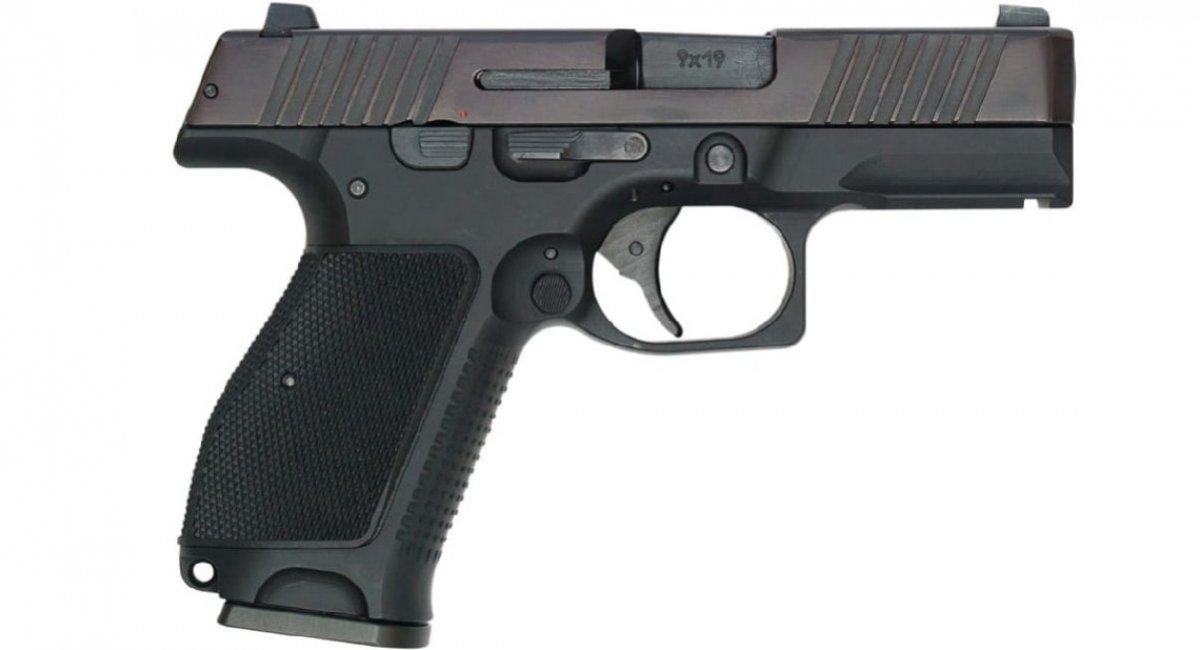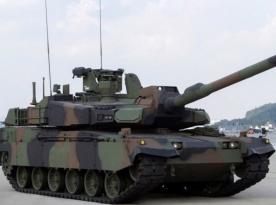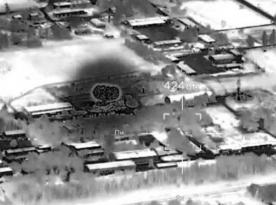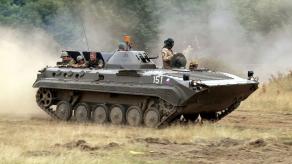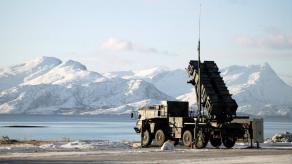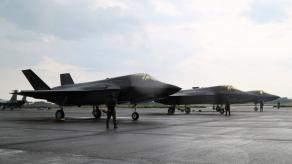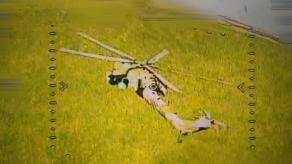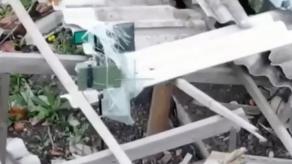The Kalashnikov Group, russian major weapons manufacturer, has reported a five-fold increase in the production of its new Lebedev Compact Pistol, or PLK, at the factory in Izhevsk. The boastful announcement is symptomatic of russian media approach, traditional for coverage of "achievements" of the country's defense industry.
The thing is, the prior production of this pistol model was close to zero, and the increase was prompted by beginning supplies to the Ministry of Internal Affairs of russia. But that is not the only nuance to this story that is interesting.
Read more: Kalashnikov Still Bad at Making Handguns: russian Special Forces Destroy Lebedev Pistol With Critical Review (Document)
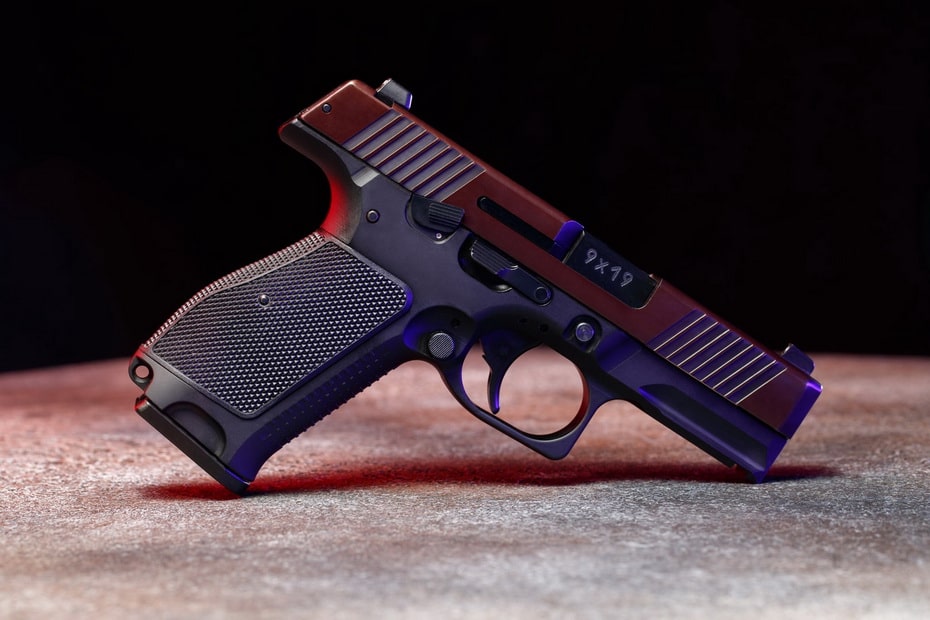
Earlier Defense Express analyzed the document recovered by OSINT researchers from InformNapalm, which contains a detailed review of the Lebedev pistol. Servicemen of the "Rys" (Lynx) unit of russian Special Rapid Response Unit (SOBR) pointed out numerous defects and inconveniences of the Lebedev gun, based on a series of tests.
Important to note, though, that the specific model tested by the russian soldiers was MPL, the Lebedev Modular Pistol. The only difference between this modification and the PLK is the barrel length (205 millimeters for MPL vs. 180 mm PLK), slightly increased magazine capacity (16 vs. 14 rounds), and a different rifling on the suppressor mounting.
In other words, all the main defects of the MPL are the same for PLK, with their both designs consisting of numerous small parts which require "special skills," as well as "a bright room and additional tools."
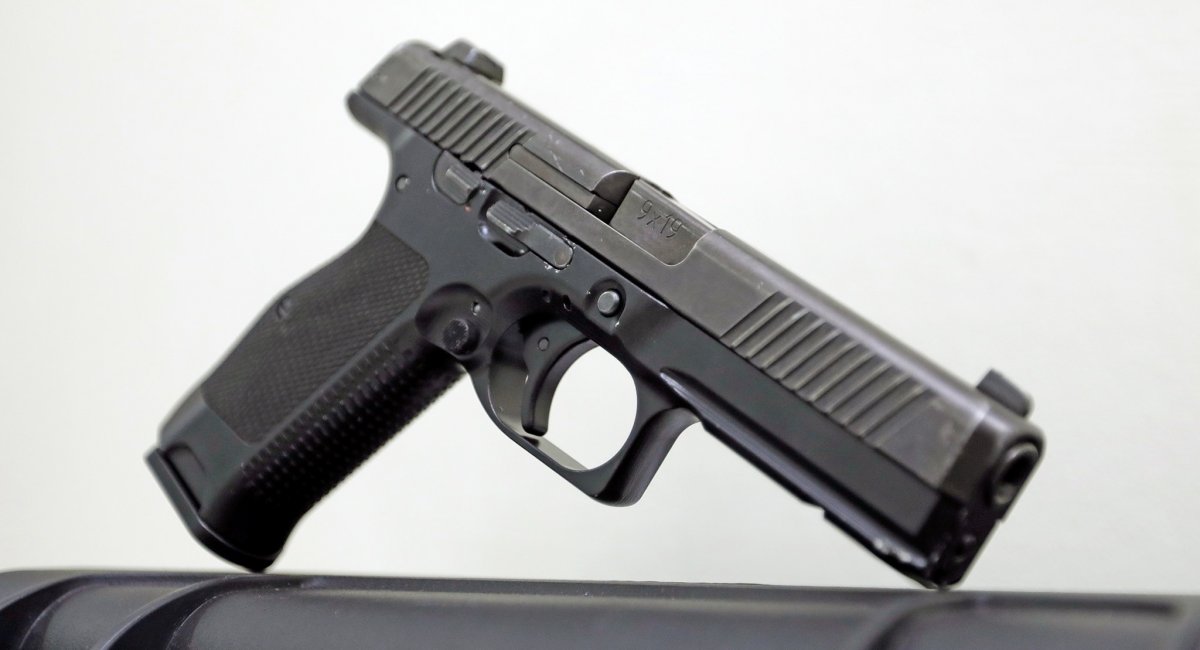
That is not to mention the handgun needs maintenance at specialized repair shops after every 384 shots. Against these critical problems, such "minor" issues as soft stroke of the safety, posing a risk of inadvertent switching, or many "mud deposits" complicating cleaning procedures, look not so troubling.
At least not enough to ramp up the production lines and bear hopes that this defective handgun will eventually become the main pistol in the russian military and law enforcement — instead of the Makarov pistol, developed back in 1948 yet still prevalent in both.
Read more: Captured russian Equipment Helps in Repairing Ukrainian Tanks and Howitzers




